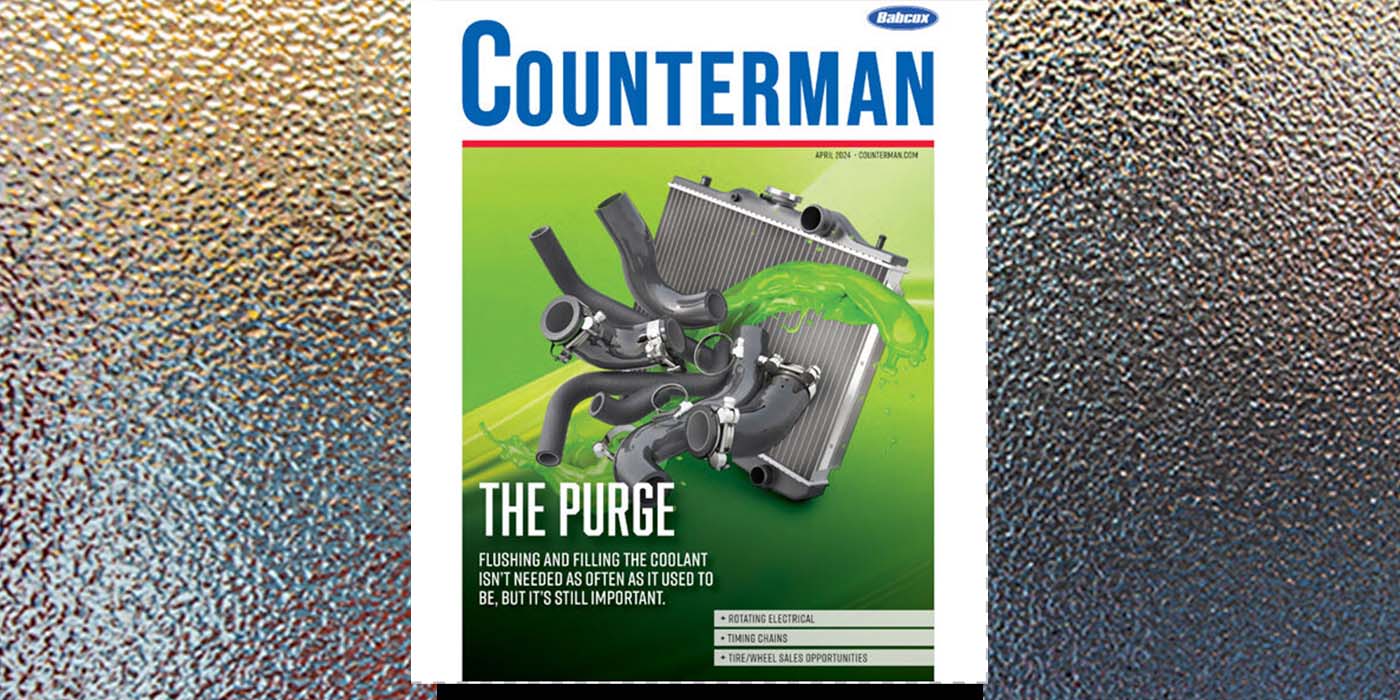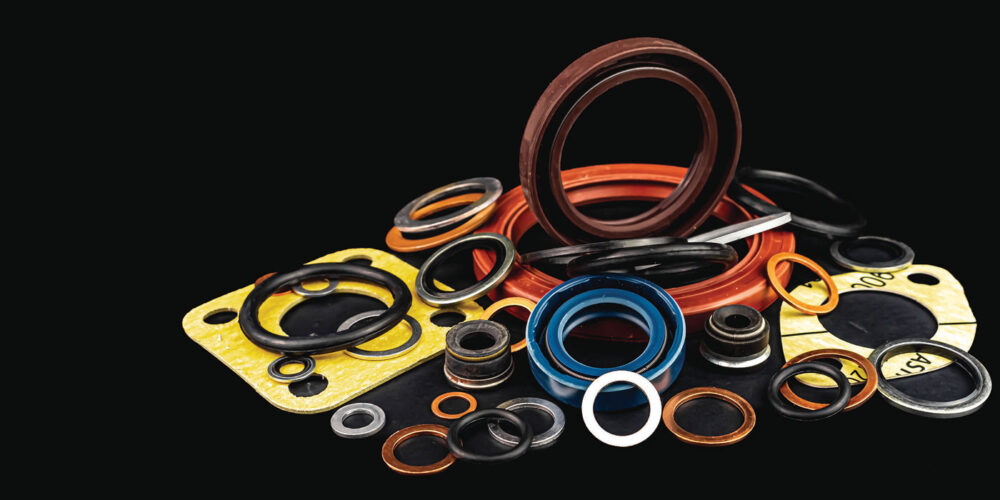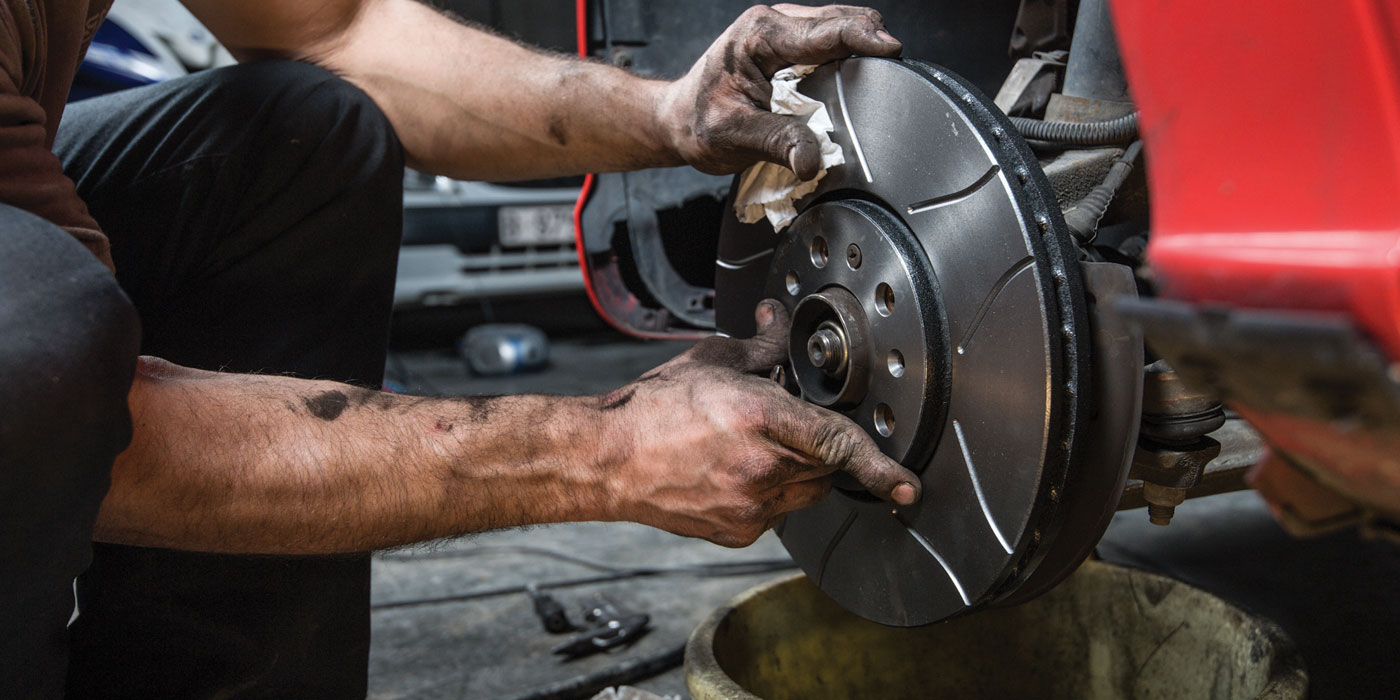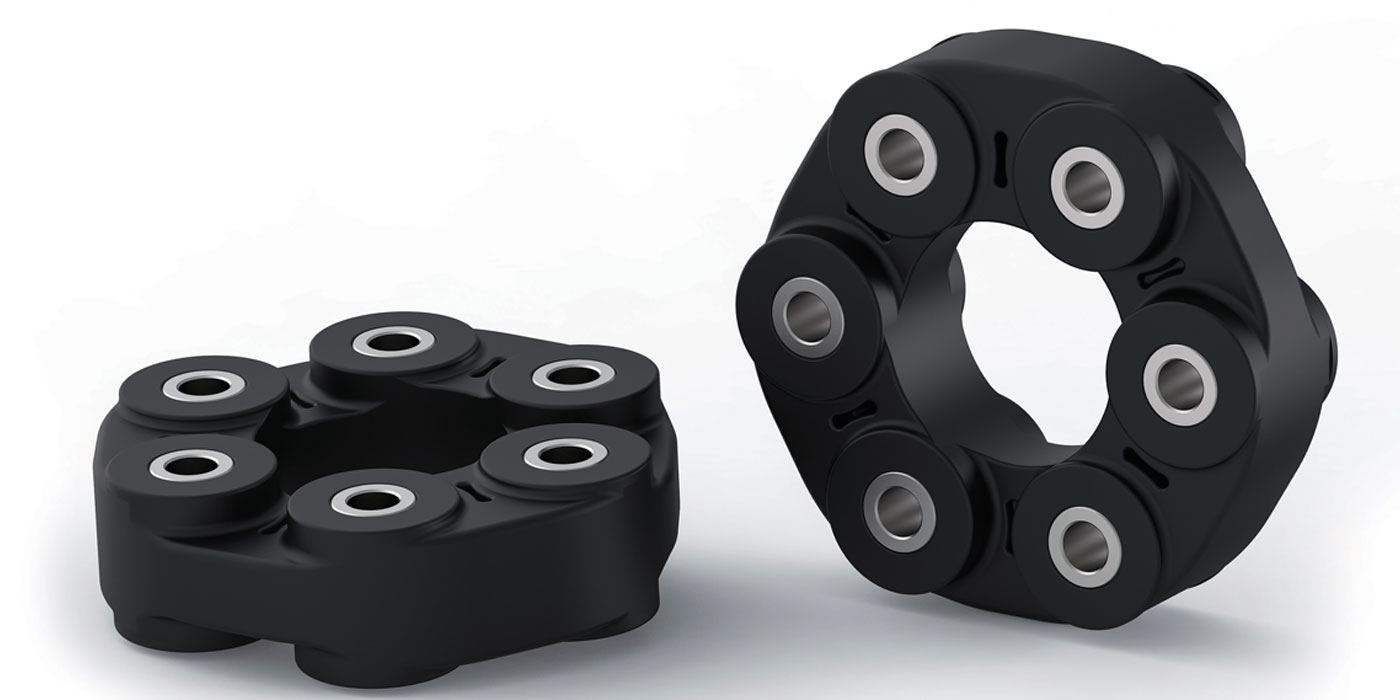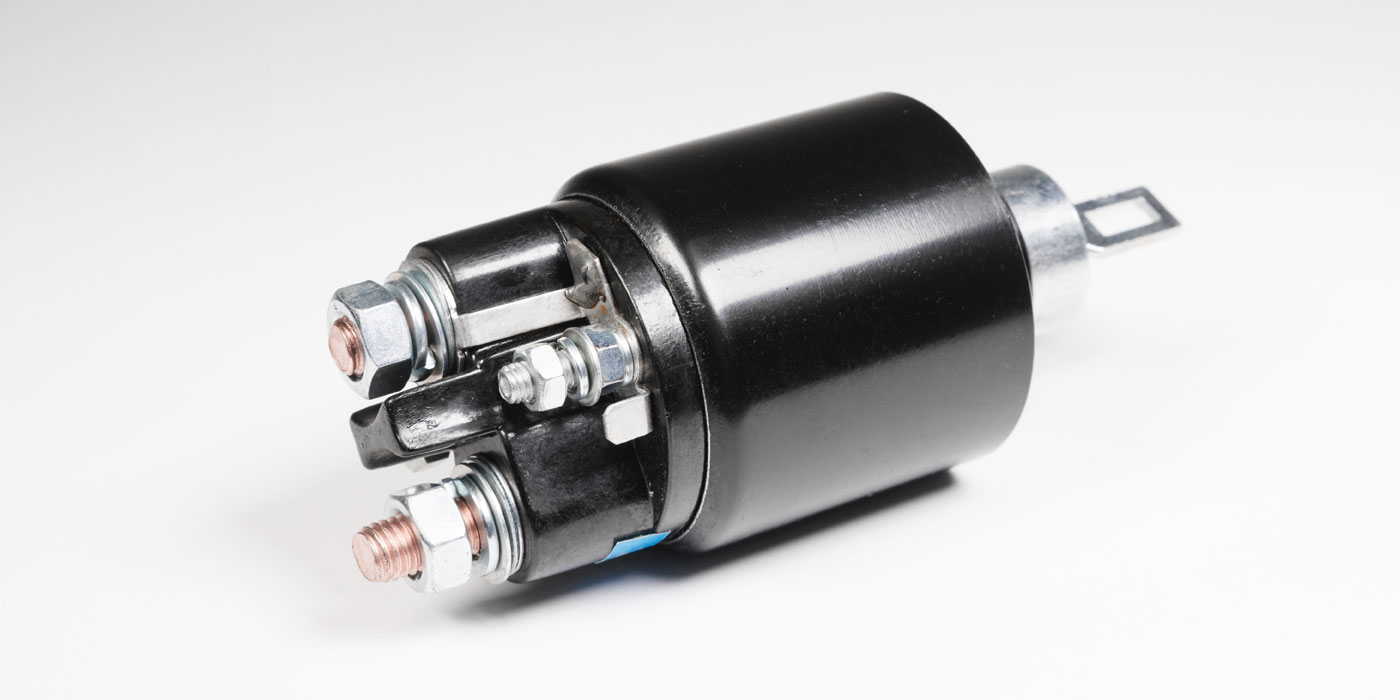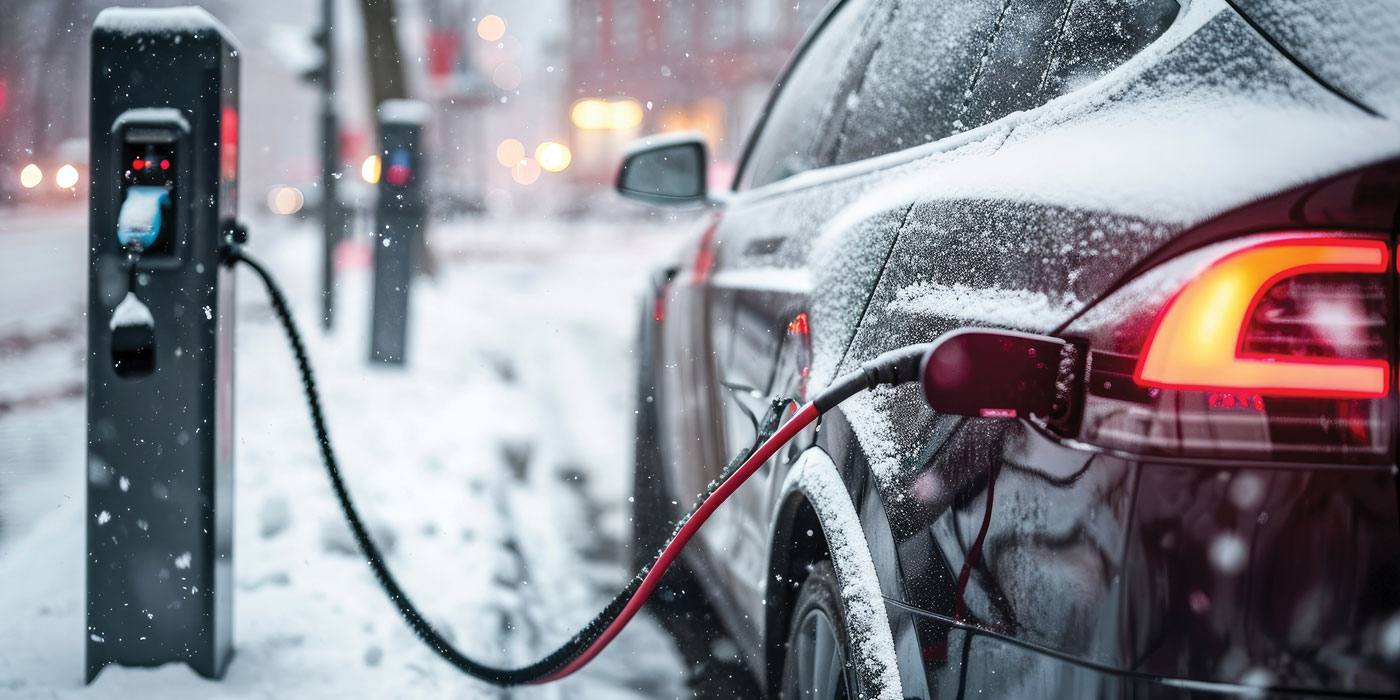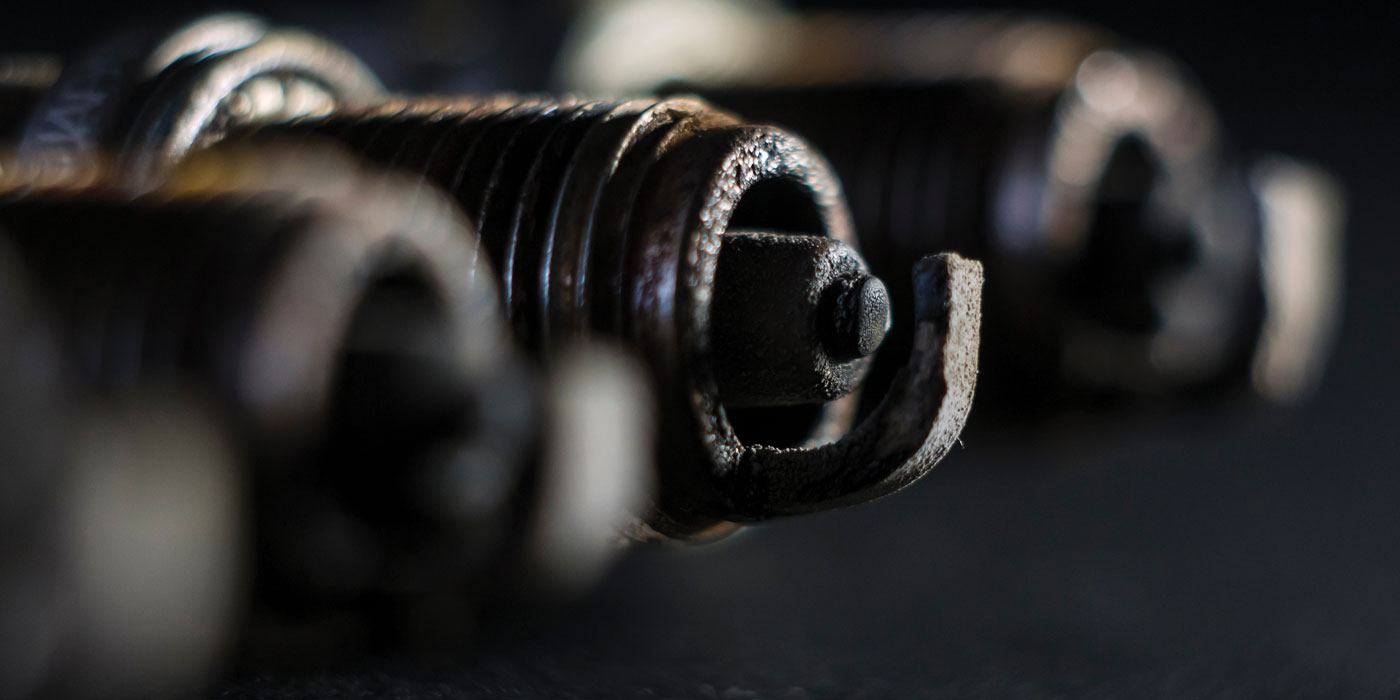The aftermarket is a competitive arena, with traditional jobbers, chain stores, big-box stores and internet retailers all vying for the DIY dollar. Many of these vendors also are aggressively marketing to the wholesale buyer and installer – a market that for years was dominated by the independent stores. As aftermarket stores fight among themselves for their share of the repair, another competitor has been quietly selling competitively priced, OEM-quality parts right in your market.
OEM dealerships (and the global automotive companies they represent) are actively marketing their own OEM parts to professional and DIY customers, and many OEMs also offer their own line of “all-makes” maintenance parts through their dealer networks. For years, “OEM vs. Aftermarket” has been an ongoing debate, weighing the balance between cost and quality, service and selection. No matter your position on which is “better,” the general attitude seems to be an “Us vs. Them” situation.
We’ve all uttered the dreaded phrase, “I’m sorry, but that’s a dealer-only part, so I can’t get it for you.” Sometimes it’s a “captive” part, protected by an agreement between the component manufacturer and the OEM. It may be a part with limited demand that no aftermarket vendor deems profitable enough to include in their catalog. Or, it may be a component subject to licensing or patent laws preventing aftermarket sellers from producing their own version. Whatever the reason, we send our customer (and their money) off to the local dealership, because we have no other option.
But do we?
No dealership is an island unto itself, and even with access to exclusive OEM parts, they continue to rely on the aftermarket to fill in the gaps. For a dealership parts department, it’s all about supplying every need that arises in their shop. Used vehicles need to be refurbished for resale; off-brand vehicles come into the dealer shop for service; and a wide variety of other supplies are necessary to keep the technicians productive in their bays. If we have a good relationship with the dealers in our market, our stores benefit from being first-call for these sorts of needs.
If you have an established relationship with the dealership parts departments in your area, you’re already a step ahead in terms of having a valuable resource to help you serve your customers better. In addition to all of those exclusive parts, the dealer has the most complete reference collection of parts and service information for their vehicles. VIN filtering and decoding, option codes and fluid specifications are all valuable bits of information that can sometimes be lacking in our own catalogs. When the dealer trusts and relies on your store for the parts and supplies that you do so well, they’re more likely to share the occasional code, part number or service advice with you. (Don’t abuse the privilege, though. They have their own jobs to do, without doing yours too!)
Depending on your company’s outside-purchase policy, the dealership also can serve as a vendor to your store. A request for a hard-to-locate part may be fulfilled by purchasing it from the dealer, and resold at a markup. You already give the dealership a wholesale discount, and they’re likely to do the same for you – so everyone gets a piece of the sale. Many OEMs also have online catalogs offering your local dealer’s real-time inventory and pricing, with convenient ordering capabilities … just like our stores offer to them! I’ve always been an advocate of parts professionals “going the extra mile” for their customers, and using alternative sources to find parts that others can’t (or won’t). It’s one of the things that sets you and your store apart from all the others selling a part that many see as a commodity. When it comes to dealing with dealerships, it doesn’t have to be “Us vs. Them.” Sometimes, it’s “We!”



